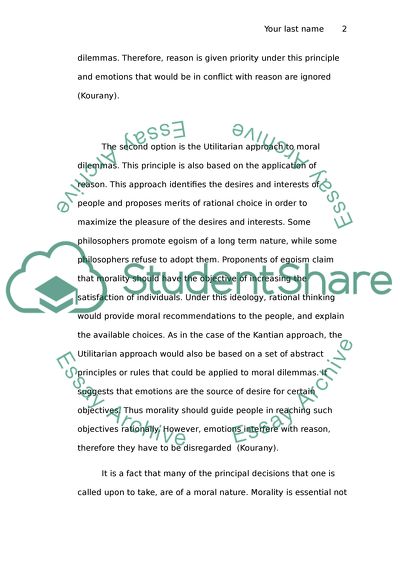Cite this document
(“Equal Importance of Reason and Emotion in Justifying Moral Decisions Essay”, n.d.)
Retrieved from https://studentshare.org/social-science/1544262-equal-importance-of-reason-and-emotion-in-justifying-moral-decisions
Retrieved from https://studentshare.org/social-science/1544262-equal-importance-of-reason-and-emotion-in-justifying-moral-decisions
(Equal Importance of Reason and Emotion in Justifying Moral Decisions Essay)
https://studentshare.org/social-science/1544262-equal-importance-of-reason-and-emotion-in-justifying-moral-decisions.
https://studentshare.org/social-science/1544262-equal-importance-of-reason-and-emotion-in-justifying-moral-decisions.
“Equal Importance of Reason and Emotion in Justifying Moral Decisions Essay”, n.d. https://studentshare.org/social-science/1544262-equal-importance-of-reason-and-emotion-in-justifying-moral-decisions.


